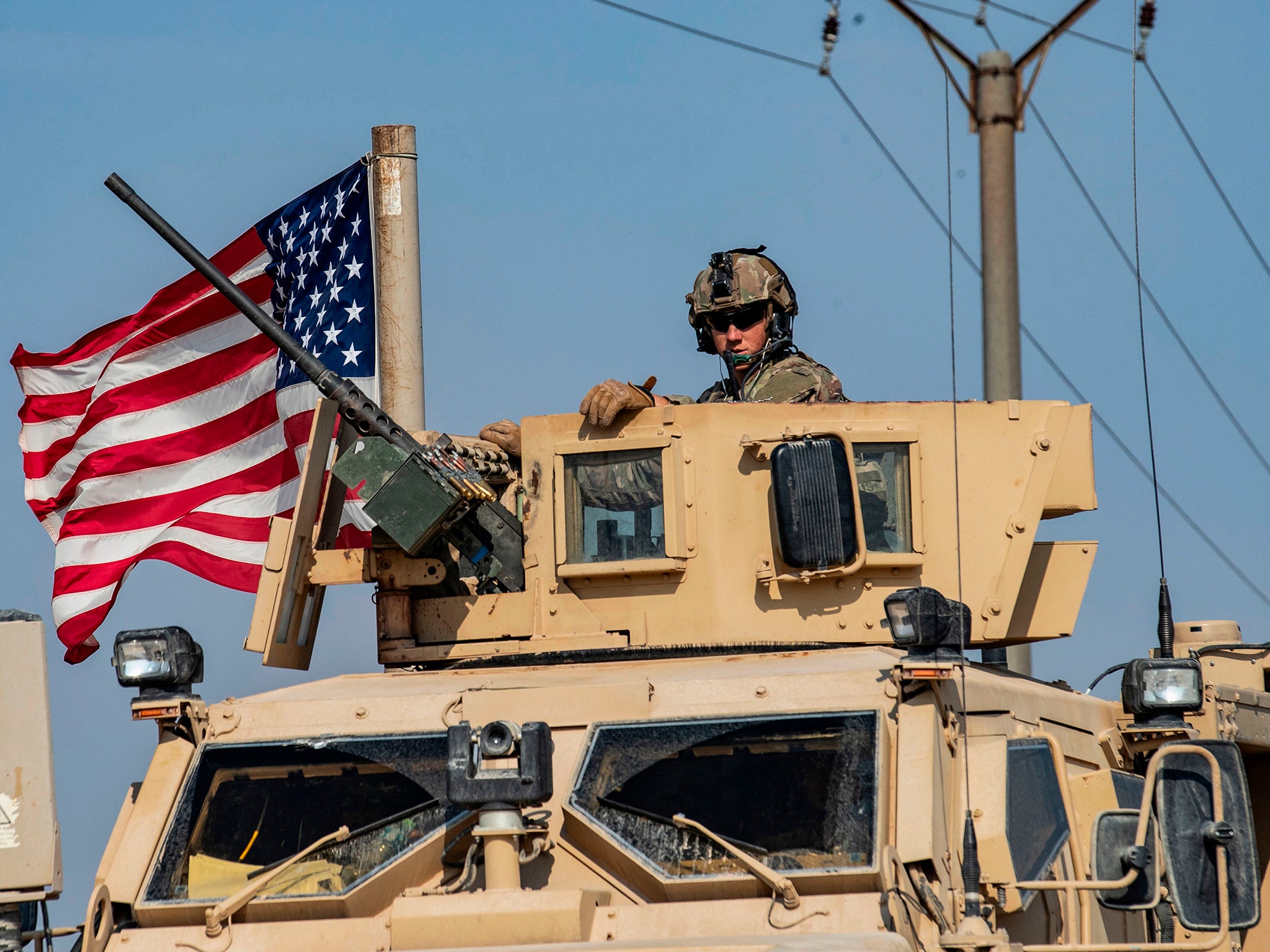Trump’s pardons of serviceman could ‘damage whole military justice system’
Clearing of three individuals accused of war crimes sets ‘harmful’ precedent, military circles say

Lieutenant Clint Lorance changed out of the drab inmate’s uniform he had worn for six years and left the military prison at Fort Leavenworth in Kansas a free man.
He arrived minutes later at a nearby hotel, where his family swallowed him in a group embrace.
“I want to say thank you to president Trump,” he said amid well-wishers. “And I want the rest of the country to do that, too.”
The president Friday cleared Mr Lorance and two other servicemen accused or convicted of war crimes, drawing cheers from thousands of supporters who said the men had been unfairly punished for decisions made in the confusion of war.
But many in the military, especially in military legal circles, are not celebrating.
Trump’s reprieves, issued against the advice of top defence officials, were seen as a sign of disregard not only for the decisions of military juries but also for the judicial process itself.
Military officials publicly accepted the president’s orders – pardons for major Matthew Golsteyn of the Army Special Forces and Mr Lorance, and a sentence reduction for Chief Petty Officer Edward Gallagher of the Navy SEALs – with a terse "yes sir".
“We acknowledge his order and are implementing it,” the Navy chief of information said on Twitter.
Privately, though, many worried that Trump’s actions could erode discipline by sending a message to troops and commanders that in some cases the laws of war would not apply.
“It’s just institutionally harmful,” said Rachel VanLandingham, a retired Air Force lieutenant colonel and former judge advocate. “This isn’t about these three individuals, it’s about the whole military justice system and whether that system itself is something of value to the operations of the military.”
The president, she added, “is saying he knows best”.
Lorance was convicted at trial in 2013 for ordering the shooting of a group of civilians in Afghanistan, an order he then tried to cover up.
He was given a full pardon.
Gallagher was charged with the murder of a captive in Iraq but was acquitted this summer of all charges except for the minor charge of posing for a photo with a corpse.
Mr Golsteyn was awaiting trial on charges that he murdered an unarmed Afghan in 2010.
The New York Times
Join our commenting forum
Join thought-provoking conversations, follow other Independent readers and see their replies
Comments